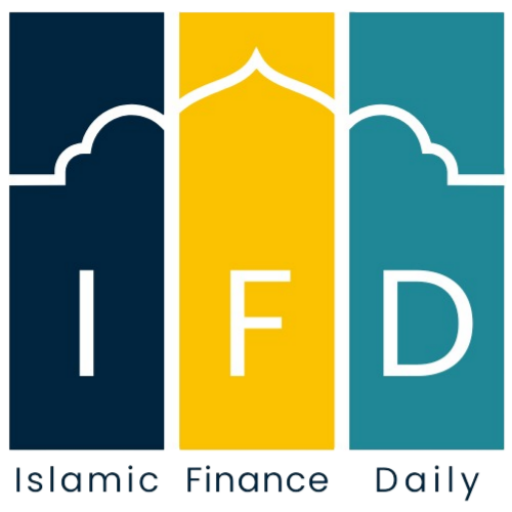Shariah Boards are an essential component of Islamic financial institutions, serving as guardians of Islamic law (Shariah). Their responsibilities go beyond mere advisory roles, ensuring that all operations and products align with Islamic ethical and legal principles. This blog explores the critical roles, functions, and examples of Shariah Boards in the dynamic world of Islamic finance.
Table of Contents
ToggleWhat is a Shariah Board?
A Shariah Board is a panel of Islamic scholars and experts specializing in Islamic jurisprudence (fiqh) and finance. They guide financial institutions in adhering to Shariah principles, which include prohibitions on riba (interest), gharar (excessive uncertainty), and haram activities.
Core Responsibilities of Shariah Boards
a) Ensuring Compliance:
Shariah Boards meticulously review financial products and services, ensuring they conform to Islamic principles. This involves analyzing contracts, terms, and business practices.
b) Issuing Fatwas:
Fatwas are legal opinions provided by the Board to clarify complex financial issues. For instance, determining the permissibility of sukuk (Islamic bonds) or evaluating murabaha (cost-plus financing) contracts.
c) Monitoring Activities:
Beyond issuing guidance, Shariah Boards oversee ongoing operations, ensuring continued compliance with Islamic laws. Regular audits and reviews are part of this responsibility.
d) Dispute Resolution:
Shariah Boards mediate conflicts involving financial transactions, providing resolutions grounded in Islamic jurisprudence.
Importance of Shariah Boards in Islamic Finance
a) Maintaining Trust:
Adherence to Islamic principles fosters trust among customers, investors, and stakeholders. The credibility of Shariah-compliant products hinges on the oversight of Shariah Boards.
b) Promoting Ethical Practices:
By emphasizing fairness and social justice, Shariah Boards ensure financial institutions contribute positively to society.
c) Encouraging Innovation:
Shariah Boards play a crucial role in adapting Islamic principles to contemporary financial challenges, fostering the development of innovative products like sukuk and takaful (Islamic insurance).
Composition and Qualifications of Shariah Boards
Shariah Boards are typically composed of scholars proficient in Islamic jurisprudence and financial systems. Their dual expertise ensures they understand both the principles of Islamic law and the technicalities of modern finance.
Challenges Faced by Shariah Boards
a) Standardization Issues:
Differences in interpretation of Shariah principles across jurisdictions can lead to inconsistencies in Islamic finance practices.
b) Limited Resources:
The scarcity of qualified scholars poses challenges in meeting the growing demand for Shariah advisory services.
c) Conflict of Interest:
Shariah Boards must maintain independence to avoid undue influence from financial institutions.
Real-World Examples of Shariah Boards at Work
a) Dubai Islamic Bank:
One of the oldest Islamic banks, its Shariah Board has been instrumental in pioneering innovative financial products while ensuring compliance.
b) Al Rajhi Bank (Saudi Arabia):
Al Rajhi Bank’s Shariah Board has developed robust governance structures, making it a global leader in Islamic finance.
c) Islamic Development Bank (IDB):
The IDB’s Shariah Board plays a significant role in financing large-scale infrastructure projects, ensuring they align with Islamic values.
The Future of Shariah Boards
As Islamic finance expands globally, Shariah Boards must evolve to address new challenges, including the integration of fintech and sustainability initiatives. Collaborative efforts to standardize practices across regions will further strengthen their role.
Conclusion
Shariah Boards are indispensable to the success and credibility of Islamic financial institutions. By safeguarding Shariah compliance, promoting ethical finance, and fostering innovation, they ensure the growth of Islamic finance remains rooted in its foundational principles. Their work not only upholds Islamic law but also serves as a beacon for ethical financial practices worldwide.



